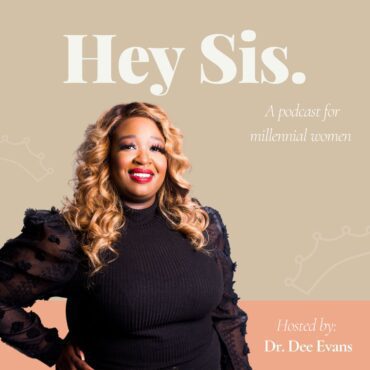
Why I Still Go To Church
The church is still a necessary part of Christian living. I’m not narrow minded enough to think that church is just a building, but there are people that abandon the […]
 play_arrow
play_arrow
Muscle Marvin – 12.19.25 podcast
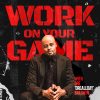 play_arrow
play_arrow
 play_arrow
play_arrow
WUWY: Turning Pain Into Power podcast
 play_arrow
play_arrow
Thursday, December 18 podcast
 play_arrow
play_arrow
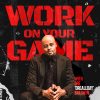 play_arrow
play_arrow
 play_arrow
play_arrow
 play_arrow
play_arrow
Trash Pick Up, Porch Pirating & Race Based Discrimination in Healthcare with Dr. Jazmin Evans podcast
 play_arrow
play_arrow
🔔The Final Bell-Episode 395 🔔 podcast
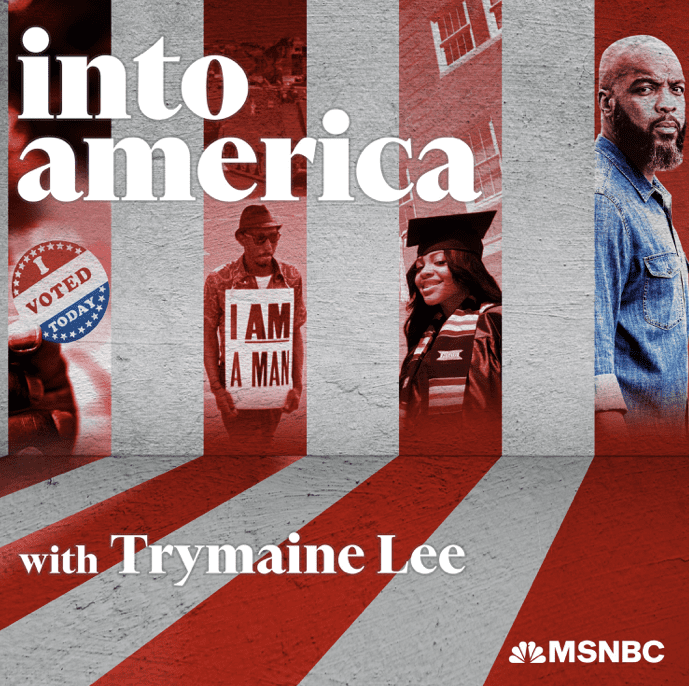
As an outspoken sports journalist, Jemele Hill has been told to “stick to sports” in her coverage. The same has been said to professional athletes for decades. But things changed in 2020, when the pandemic and racial justice movements collided. Black athletes decided the fight was worth risking it all for. And many team owners and the leagues realized it was good for business to support their players.
Trymaine Lee looks back on the year of sports and activism with Jemele Hill, contributing writer for The Atlantic and host of the podcast Jemele Hill is Unbothered. Jemele traces the roots of why Black athletes stayed silent in the past and why change is more likely to stick in the NBA than the NFL. Plus, why she thinks the solution may be to just burn the whole system down.
For a transcript, please visit https://www.msnbc.com/intoamerica.
Further Listening:

The church is still a necessary part of Christian living. I’m not narrow minded enough to think that church is just a building, but there are people that abandon the […]
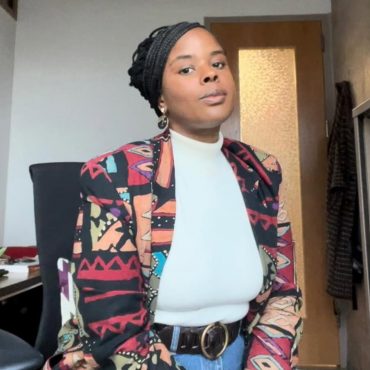

Copyright Blackpodcasting 2025